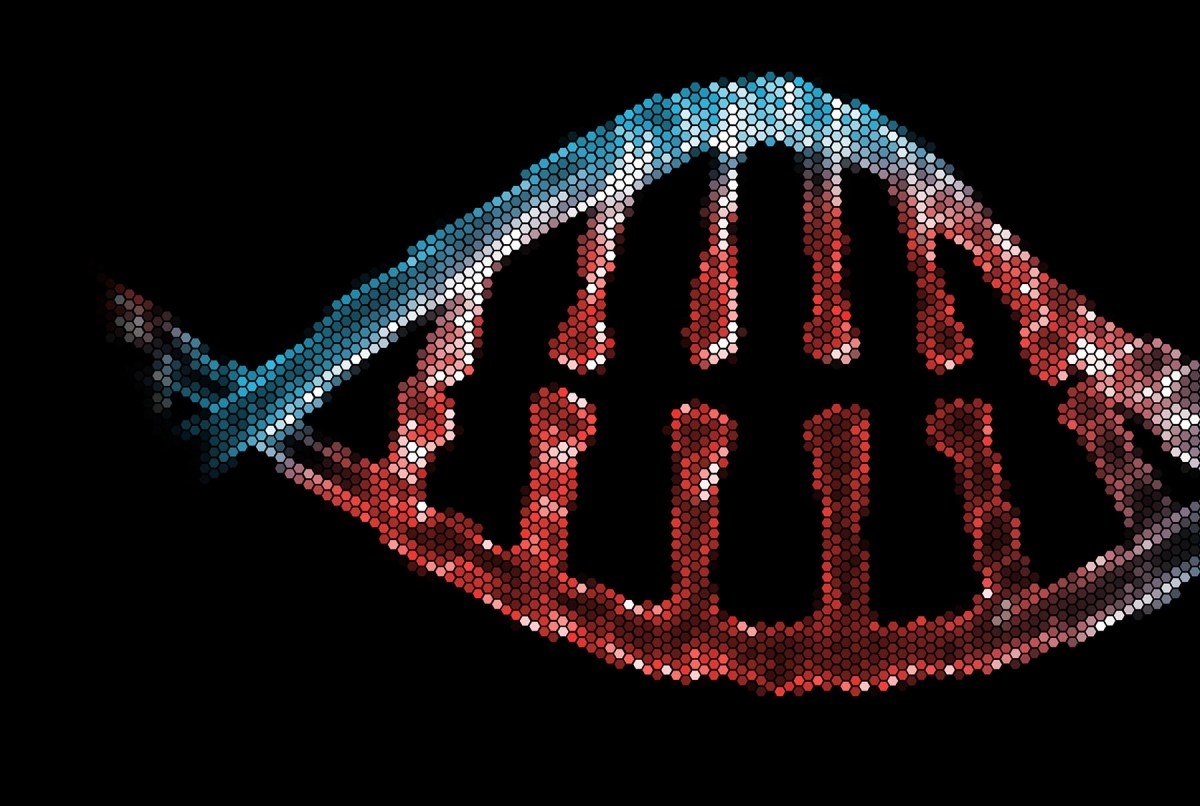FutureHouse, an Eric Schmidt-backed nonprofit that aims to build an “AI scientist” within the next decade, has released a new tool that it claims can help support “data-driven discovery” in biology. The new tool comes just a week after FutureHouse launched its API and platform.
The tool, called Finch, takes in biology data (primarily in the form of research papers) and a prompt (e.g. “What can you tell me about molecular drivers of cancer mataseses?”) and runs code before generating figures and inspecting the results. In a series of posts on X, FutureHouse co-founder and CEO Sam Rodriques compared it to a “first-year grad student.”
“[B]eing able to [do all] this in minutes is a superpower,” Rodriques wrote. “[Finch] actually ends up finding some really cool stuff […] For our own projects internally, we have found it to be pretty awesome.”
In addition to open-ended analysis, Finch can also do directed data analysis. In this example, we had it do a differential expression and functional enrichment analysis of some RNAseq data (GEO accession GSE87466). It identifies upregulated genes (e.g. inflammatory modulators,… pic.twitter.com/phRybhTVpb
— Sam Rodriques (@SGRodriques) May 6, 2025
FutureHouse’s proposition, like that of many, many startups and tech giants, is that Finch and other AI tools will someday automate steps in the scientific process.
In an essay earlier this year, OpenAI CEO Sam Altman said “superintelligent” AI tools could “massively accelerate scientific discovery and innovation.” Similarly, the CEO of Anthropic, which just this week launched an “AI for science” program, has boldly predicted that AI could help formulate cures for most cancers.
Yet evidence is lacking. Many researchers don’t consider AI today to be especially useful in guiding the scientific process. Tellingly, FutureHouse has yet to achieve a scientific breakthrough or make a novel discovery with its AI tools.
Biology, particularly on the drug discovery side, is an attractive target for AI companies. Precedence Research estimates the market was worth $65.88 billion in 2024 and could reach $160.31 billion by 2034.
Techcrunch event
Berkeley, CA
|
June 5
BOOK NOW
While there have been some successes, AI hasn’t provided an immediate magical solution in the lab. Several firms employing AI for drug discovery, including Exscientia and BenevolentAI, have suffered high-profile clinical trial failures in recent years. Meanwhile, the accuracy of leading AI systems for drug discovery, like Google DeepMind’s AlphaFold 3, tends to vary widely.
Finch similarly makes “silly mistakes,” Rodriques said — which is why FutureHouse is recruiting bioinformaticians and computational biologists to help evaluate its accuracy and reliability and train it while it’s in closed beta.
Folks interested can sign up here.











